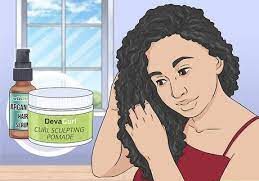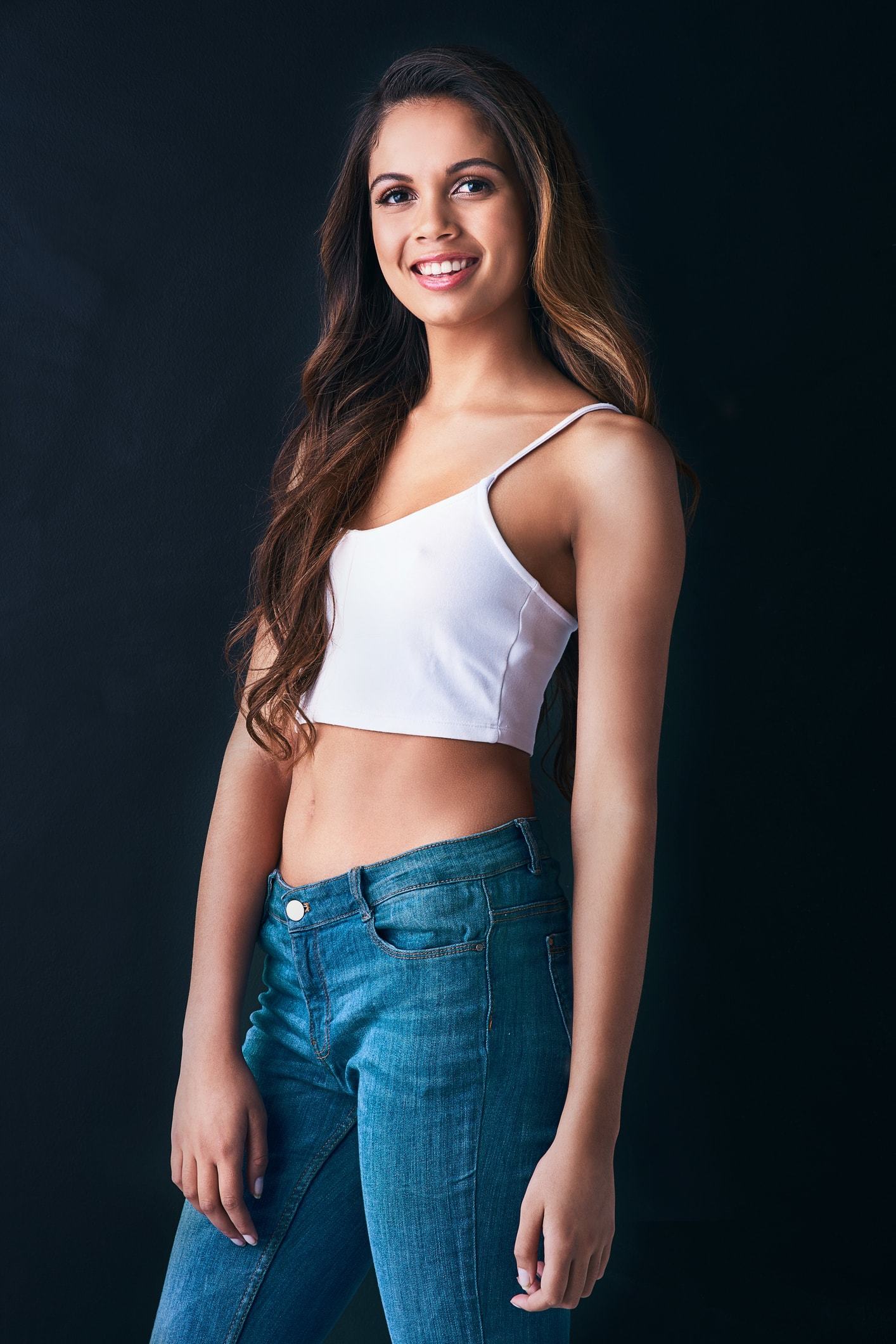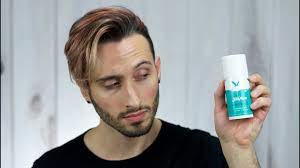
Climate:
Black hair tends to be curlier due to both climate and genes. Curls may occur across ethnicities, but those with African heritage often have particularly noticeable coils. The shape of the follicle bulb, whether round or oval, determines the level of kinkiness in the hair. Black hair’s coil structure can be attributed to the moisturizing oil produced by the scalp called sebum and the higher concentrations of protein keratin that allow it to absorb more sunlight and have more melanin pigmentation. Additionally, black hair’s resilient nature makes it better equipped to withstand heat and humidity.
Keratin:
Keratin protein is what gives Afro-textured hair its coiled coils and texture. It also allows more sunlight to enter the scalp, promoting more excellent melanin production. Black women often require unique hair products, such as keratin mixed with Shea butter, jojoba oil, and tea tree oil, to nourish their denser curls. These products help keep the curls frizz-free and soft for extended periods.
Sebum:
Curly hair receives moisture mostly from sebum, a natural oil produced by the sebaceous glands on the scalp. Sebum lubricates the hair and provides essential vitamins, minerals, and antibacterial protection. However, the tightly coiled strands of curly hair prevent sebum from reaching the ends, leading to dryness and increased susceptibility to breakage. Therefore, individuals with curly hair, especially Black people, often shampoo their hair more frequently to compensate for this.
Oil Distribution:
Black hair requires constant lubrication to maintain its optimal condition. Without sufficient lubrication, the tightly coiled fibers of the hair can become dry and brittle, making them more prone to breakage. Finding suitable products and techniques that enhance the natural curl pattern and add volume without causing harm or creating frizziness is essential. Maintaining a regular deep conditioning routine is crucial for keeping curly hair moisturized and healthy.
Overall, understanding the factors that contribute to the unique characteristics of Black hair helps create awareness and promote better care for these hair types.

